Country living far from an easy stroll for nation's elderly
By Zhang Yuchen ( China Daily ) Updated: 2013-05-23 07:55:36Sitting on his riverbank, Cheng Deguang said he knows it would be unrealistic to expect to have his children around him, but the help he receives from neighbors is crucial and appreciated.
"Sometimes the younger villagers help me to carry the seeds and fertilizers I use for work on the land. They are really very helpful, almost like a family," he said.
Frail, lonely and isolated
In March, in a village in Foshan, Guangdong province, thieves broke into 12 deserted houses, stealing everything they could carry. One 70-year-old villager named Xian lost 3,000 yuan ($488) in savings he had left in his old house. Luckily, no one was hurt because the elderly residents had been moved into new houses earlier in the year. However, as many of them were unsure about the new accommodation, they left possessions and caches of valuables and cash in their former homes.
Locals said the villagers, most of whom were left-behind seniors, had been feeling increasingly insecure. There are no security systems in the village and autos, electrical wiring and even family dogs were being stolen as the number of raids increased.
Some of those who suffered losses were reluctant to report the thefts to the police for fear of reprisals by the thieves, while others mistakenly thought they would have to pay the police to attend the crime scene. The isolation bred fear and made the elderly residents feel even less secure.
But theft and the threat of violence aren't the only enemies of the elderly. Last winter, an 80-year-old resident of an isolated village in the Inner Mongolia autonomous region died in a fire at his home. More than 30 villagers attempted to extinguish the flames, but were too old and frail to do so.
Lacking protection and the reassuring presence of younger people, elderly villagers often encounter dangerous situation they simply can't tackle on their own.
|
|
|
|
|
|
|
|
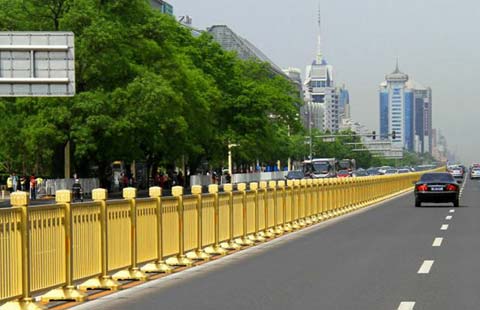
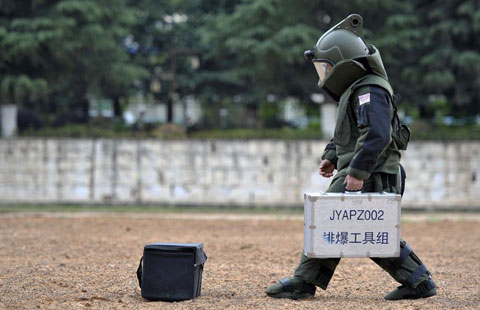

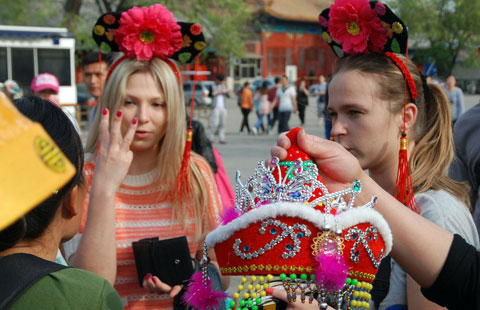

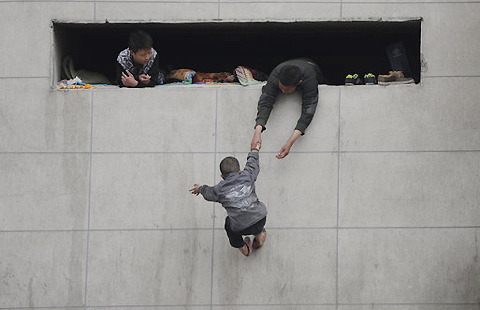
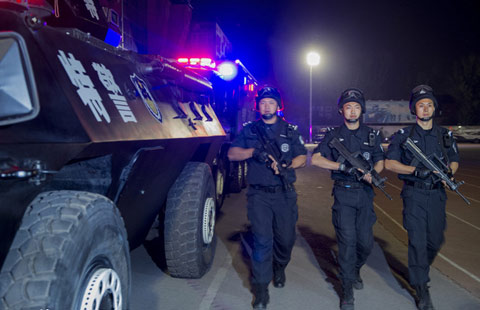



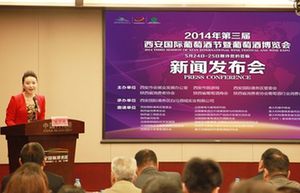







 Op Rana
Op Rana Berlin Fang
Berlin Fang Zhu Yuan
Zhu Yuan Huang Xiangyang
Huang Xiangyang Chen Weihua
Chen Weihua Liu Shinan
Liu Shinan